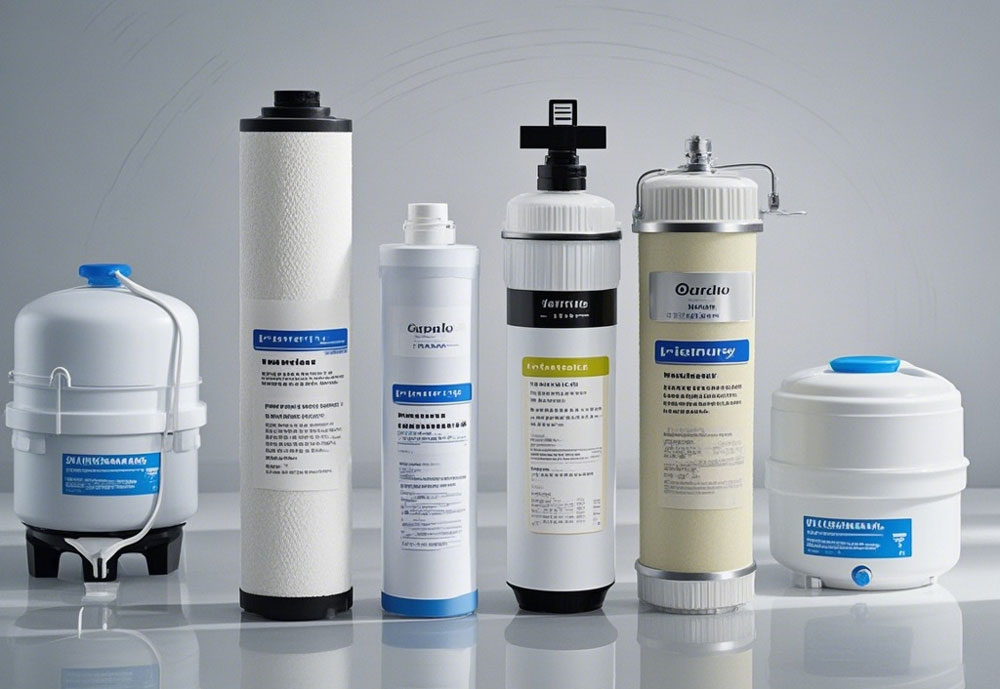
Access to clean and safe drinking water is essential for maintaining good health. However, with the increasing levels of water pollution, it's crucial to invest in a suitable water purifier filter that meets your specific needs. Choosing the right water purifier filter can be overwhelming due to the variety of options available. This comprehensive guide will help you understand how to choose a suitable water purifier filter according to water quality, ensuring that you and your family have access to pure and safe drinking water.
The first step in choosing a suitable water purifier filter is to understand the quality of your tap water. Testing your water will help you identify contaminants such as lead, chlorine, pesticides, and toxic metals. You can use a home water testing kit or send a sample to a state-certified laboratory for a more detailed analysis. Knowing the specific contaminants in your water will guide you in selecting the right water purifier that targets those impurities.
In addition to testing your water, you should also review your local water quality reports. These reports are usually available from your local water utility or the Environmental Protection Agency (EPA). They provide information on the contaminants detected in your water supply and compare them to the EPA's maximum contaminant level goals (MCLGs).
Activated carbon filters are effective at removing taste, odor, and common contaminants such as chlorine, volatile organic compounds (VOCs), and some chemicals. These filters work by absorbing impurities as water passes through the carbon media.
Pros:
- Improves taste and odor
- Affordable and widely available
- Easy to install and maintain
Cons:
- Limited effectiveness against heavy metals and microorganisms
- Requires frequent replacement
Reverse osmosis systems use a semi-permeable membrane to remove a wide array of impurities, including heavy metals, pathogens, and dissolved salts. These systems are known for producing high-quality purified water.
Pros:
- Removes up to 99% of contaminants
- Produces high-quality drinking water
- Suitable for a wide range of impurities
Cons:
- Higher initial cost and maintenance
- Wastes a significant amount of water during the filtration process
- Slower filtration rate
Ultraviolet (UV) filters use UV light to effectively destroy bacteria, viruses, and other microorganisms without adding chemicals to the water. They are often used in combination with other filtration methods.
Pros:
- Chemical-free disinfection
- Effective against microorganisms
- Low maintenance
Cons:
- Does not remove chemical contaminants
- Requires electricity to operate
- Periodic bulb replacement needed
Gravity filters use the force of gravity to pull water through various filter media, removing contaminants. They are ideal for areas without access to electricity.
Pros:
- No electricity required
- Portable and easy to use
- Suitable for outdoor and emergency use
Cons:
- Slower filtration rate
- Limited capacity
- May not remove all types of contaminants
Ion exchange filters are designed to soften water by removing minerals such as calcium and magnesium that cause hardness. They are commonly used in areas with hard water.
Pros:
- Effective at softening water
- Improves the lifespan of appliances
- Reduces scale buildup
Cons:
- Requires periodic regeneration with salt
- May increase sodium levels in water
- Not effective against all contaminants
Alkaline water filters are known for their health benefits. They balance the pH levels of water and ensure the presence of essential minerals such as sodium, calcium, magnesium, and potassium.
Pros:
- Provides alkaline water with health benefits
- Ensures essential minerals are present
- Balances pH levels
Cons:
- Higher cost compared to standard filters
- Limited availability
- May not be necessary for all users
Based on the contaminants identified in your water, determine the type of filtration you need. For instance, if your water contains heavy metals, an RO system would be more suitable. If microbial contamination is a concern, a UV filter would be a better choice.
Different filters have varying maintenance requirements and costs. Some filters may need more frequent replacement, while others have higher upfront costs but lower maintenance expenses over time. Consider your budget and available time for maintenance when choosing a filter.
Determine how much water you need to filter and at what rate. A smaller system may be sufficient for individual use, while larger households may require higher-capacity systems. Ensure the filter can meet your daily water consumption needs.
Look for filters certified by recognized standards such as the National Sanitation Foundation (NSF). Certification ensures the filter has been tested and proven to effectively remove specific contaminants from water.
Research customer reviews and seek advice from experts to gain insights into the performance and reliability of different filter brands and models. Online reviews and testimonials can provide valuable information about the quality and effectiveness of a water purifier.
Today, customers prefer eco-friendly products. Check if the water filter has sustainable features, such as energy-efficient operation and low water wastage. For example, some filters have zero-water-wastage policies, ensuring no water is wasted during the filtration process.
Decide whether a point of entry (POE) or point of use (POU) filter is better suited for your home. POE filters treat all the water entering your home, while POU filters only treat water at specific locations, such as the kitchen sink or shower.
Some water purification systems, such as under-sink RO systems, may require professional installation. Ensure you are comfortable with the installation process or budget for professional help if needed.
Regular maintenance is crucial to ensure the effectiveness of your water purifier filter. Follow the manufacturer's guidelines for filter replacement and system cleaning. Keep track of maintenance schedules to avoid any lapse in water quality.
Choosing a suitable water purifier filter according to water quality involves understanding your specific water contaminants, selecting the appropriate filtration method, and considering factors such as maintenance, cost, and sustainability. By following this comprehensive guide, you can make an informed decision and ensure clean, safe, and healthy drinking water for you and your family.
Investing in a high-quality water purifier filter is an investment in your health and well-being. Take the first step by testing your water quality and researching the best filtration options for your needs. Share this guide with friends and family to help them make informed decisions about their water purification needs. For more information and expert advice, explore our related articles and resources.
Pre :
Next :


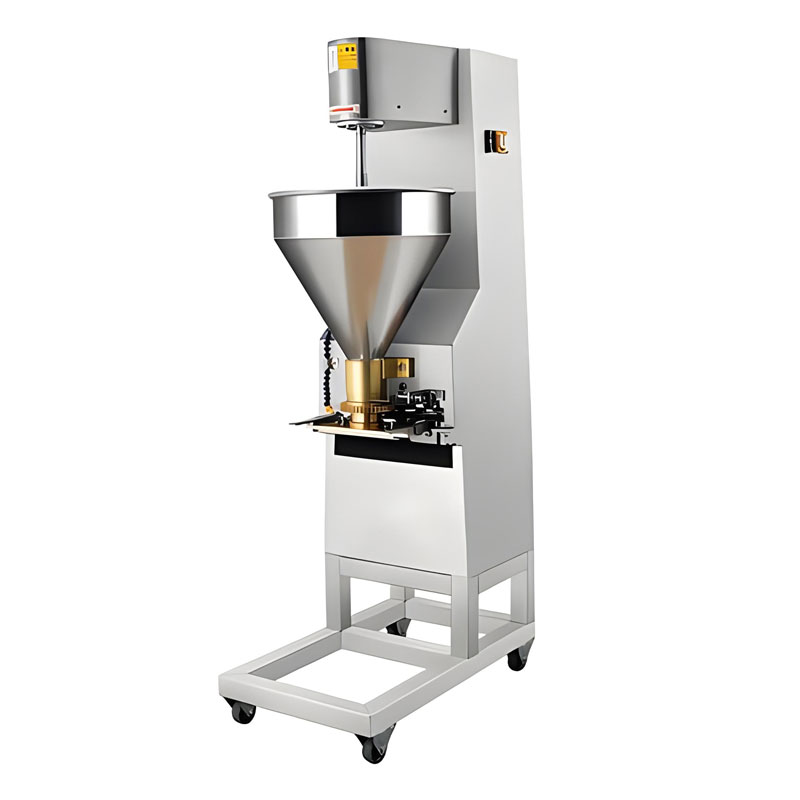
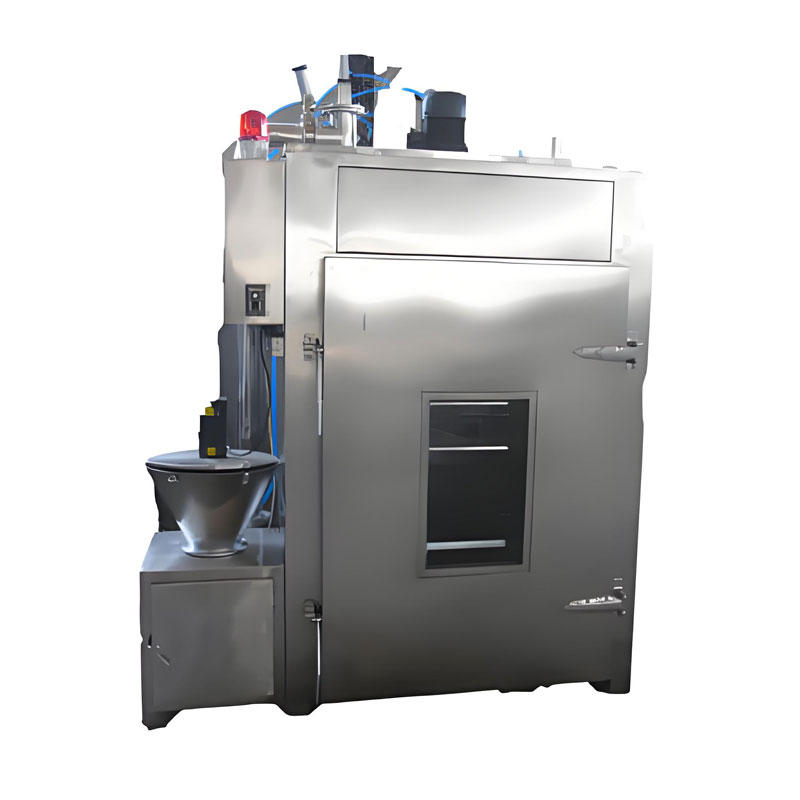
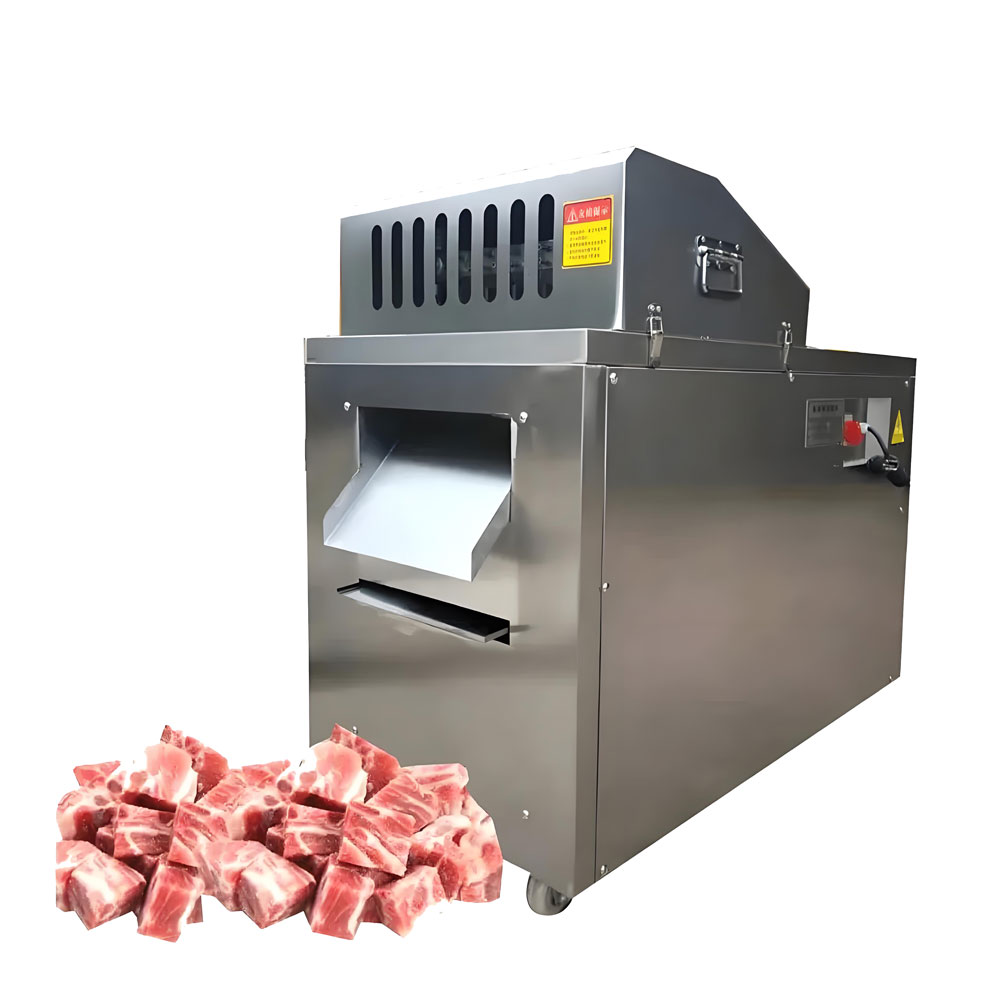
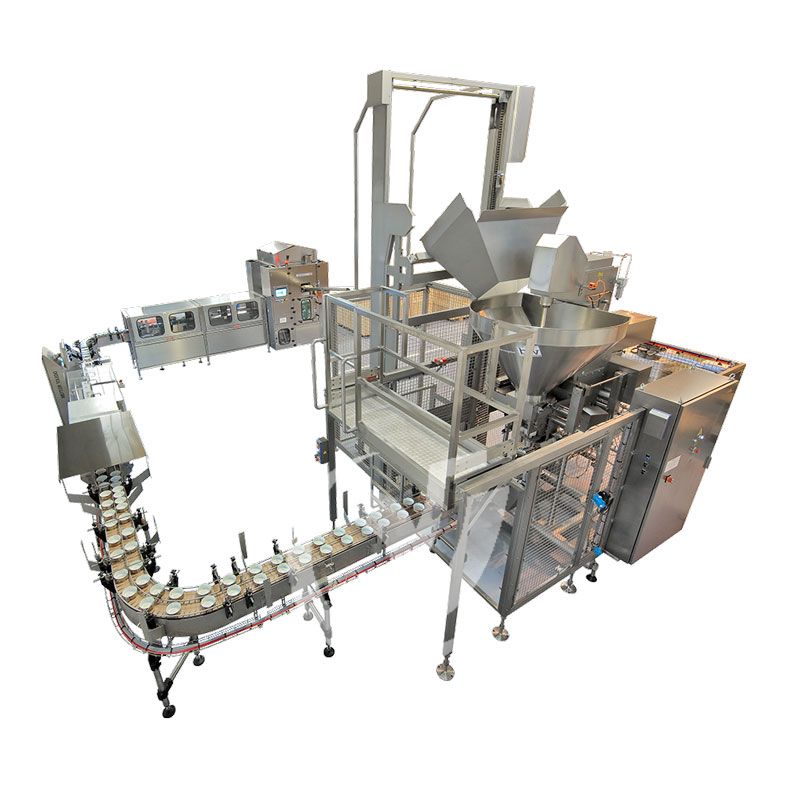

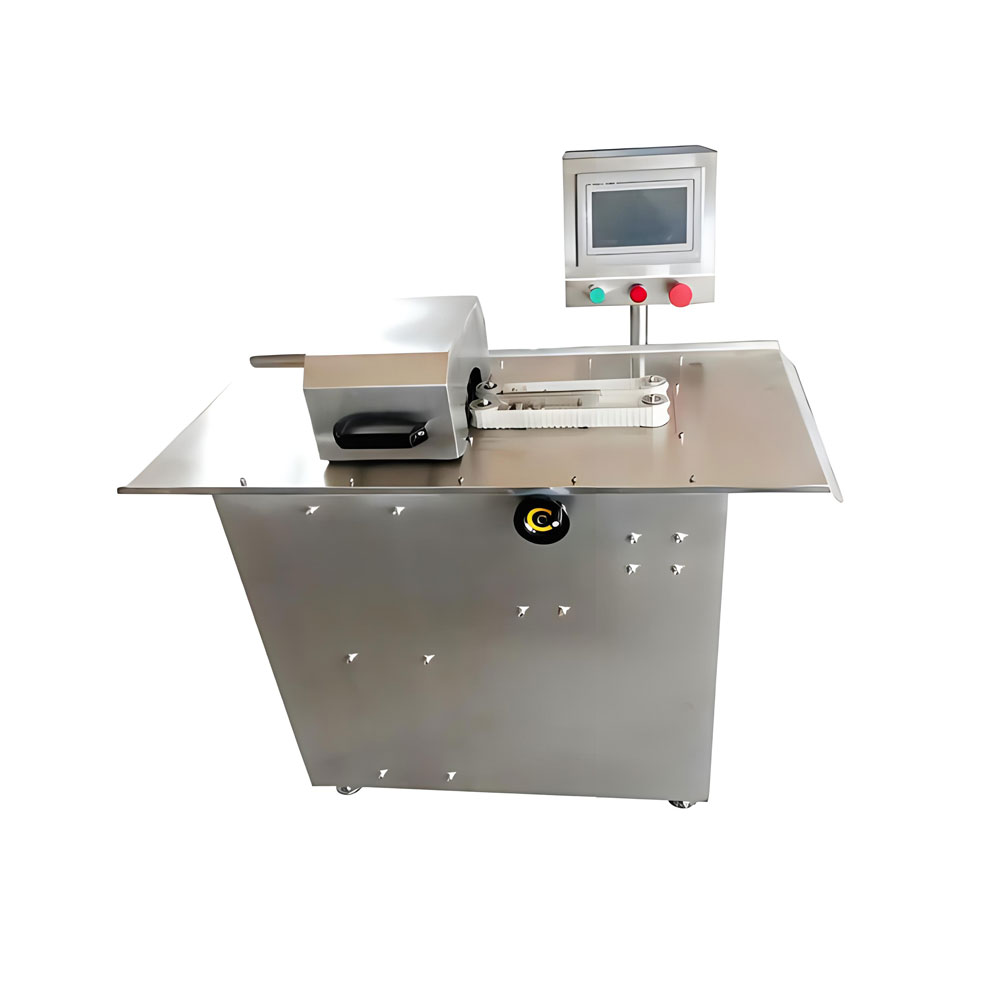
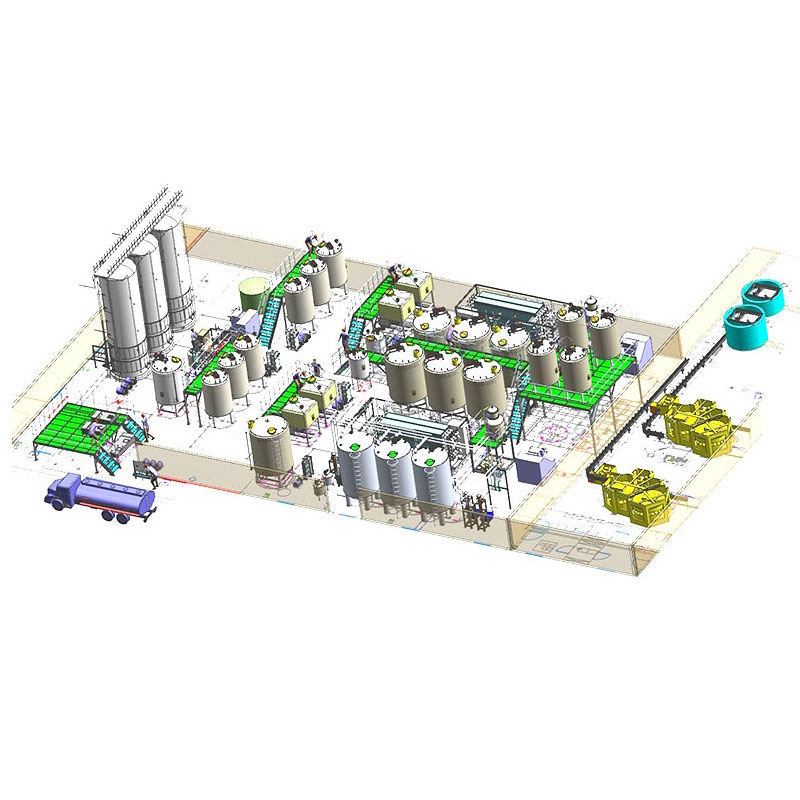
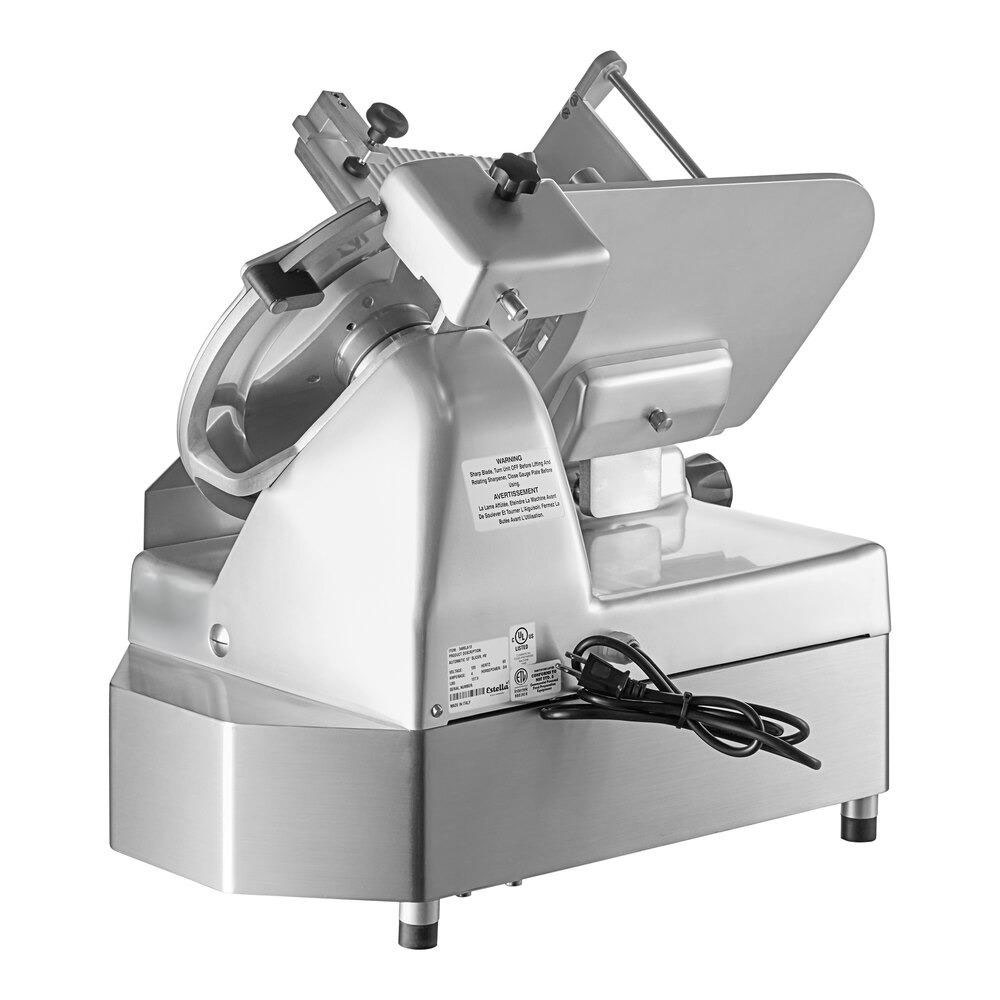
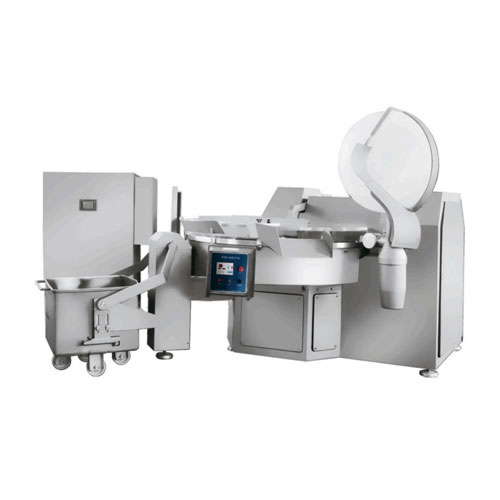
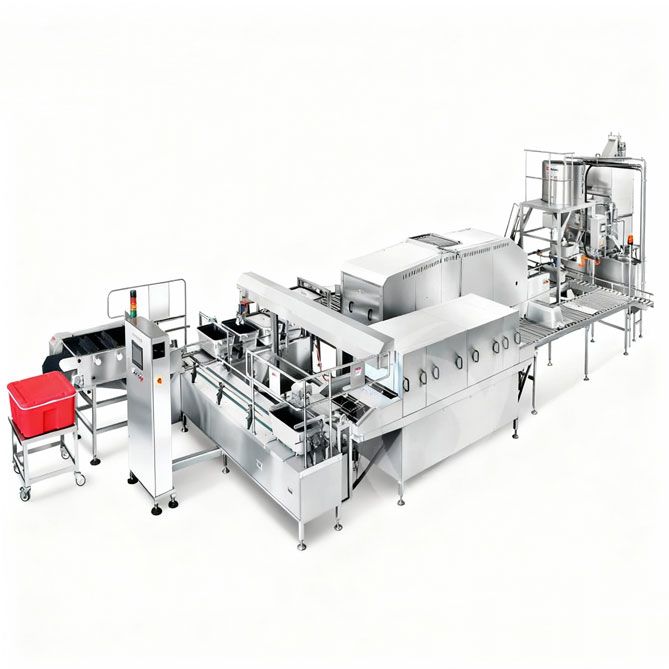
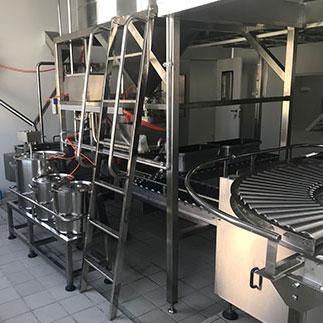 Cold Chain Rice Production Line
Cold Chain Rice Production Line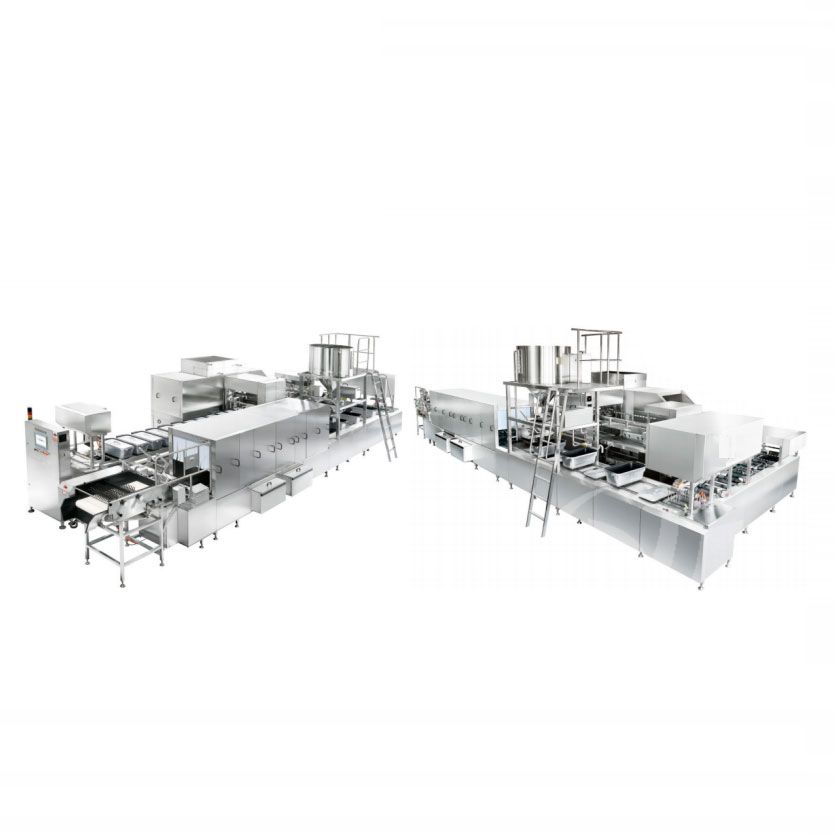 Unmanned Intelligent Rice Production Line
Unmanned Intelligent Rice Production Line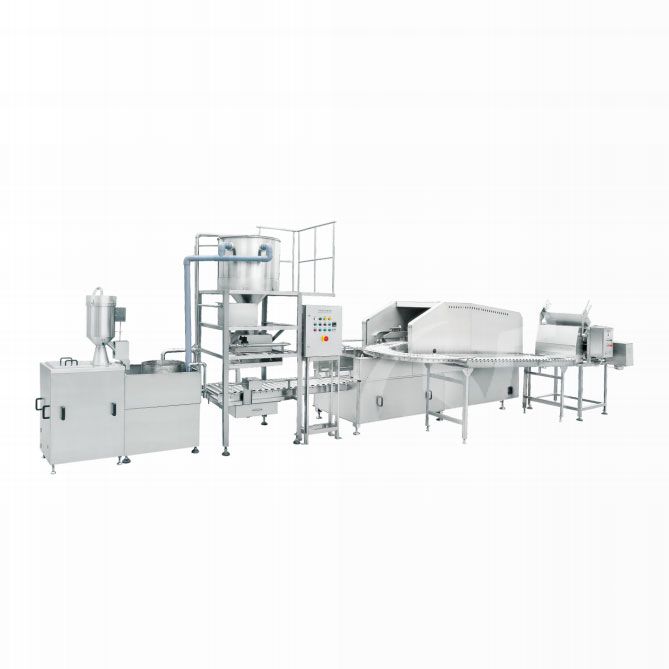 Automatic Rice Production Line
Automatic Rice Production Line
Ready to Get Started?